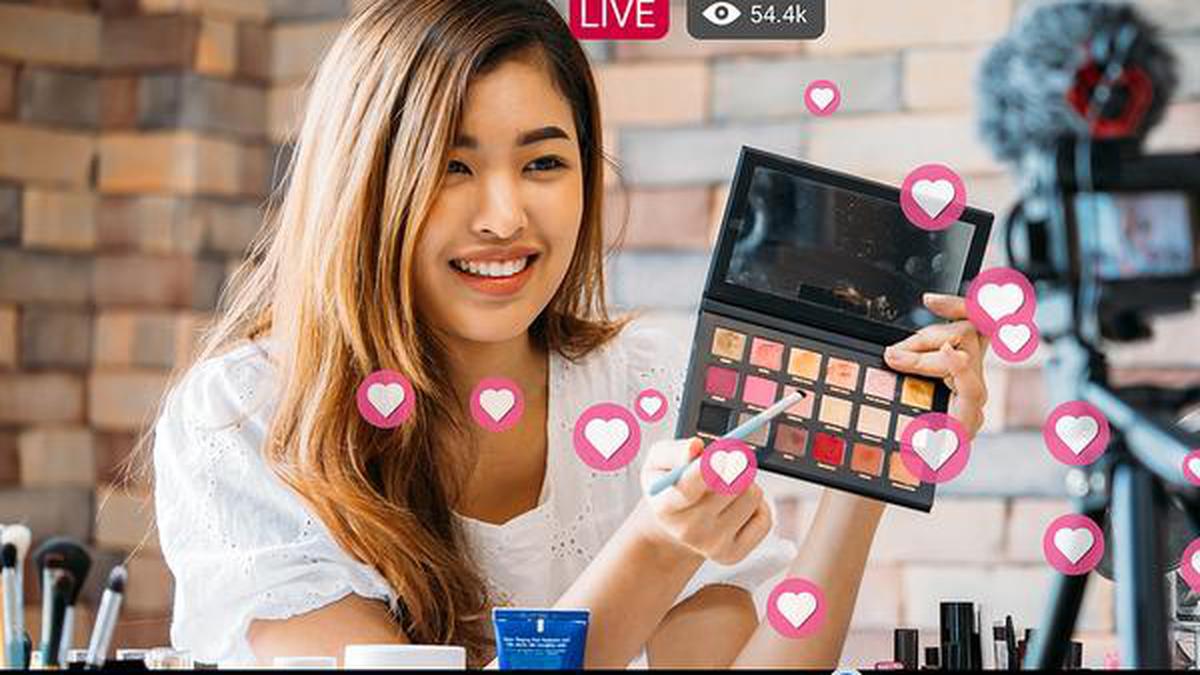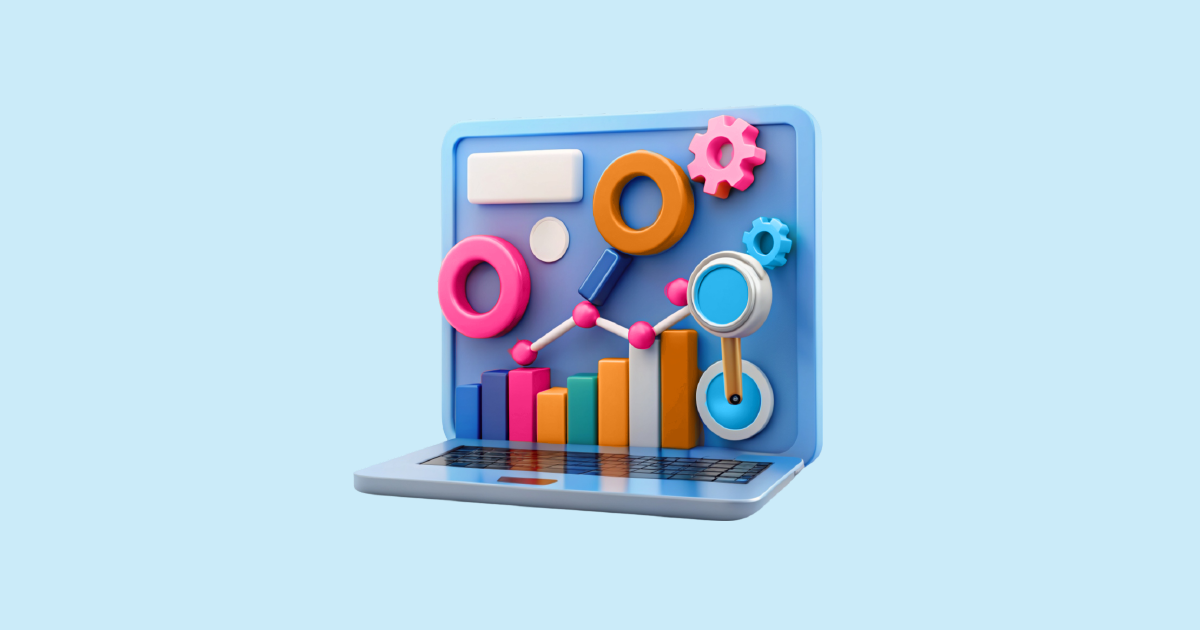In today’s digital age, where social media dominates our lives, influencer marketing has emerged as a powerhouse strategy for brands to connect with their target audience. Leveraging the reach and credibility of social media influencers, businesses can promote their products and services more authentically and engagingly. This article dives into the world of best influencer marketing platforms, highlighting their significance, benefits, and how they are transforming the way brands approach marketing.
Understanding Best Influencer Marketing Platforms

Influencer marketing platforms act as intermediaries, connecting brands with influencers who align with their values and target audience. These platforms provide a centralized space where brands can discover, collaborate, and manage influencer campaigns efficiently. With databases of influencers from various niches, brands can find the perfect match to amplify their message.
Best Influencer Marketing Platforms
1. AIM Insights
AIM Insights is a leading AI social listening tool that offers powerful features for influencer marketing through detailed campaign analysis. By leveraging AIM Insights, brands can monitor social media conversations, identify influential voices, and measure the impact of their influencer marketing efforts.
Key Features:
- Social Listening: Monitors social media platforms to track brand mentions and relevant conversations.
- Influencer Identification: Uses advanced analytics to identify influencers who are driving significant engagement within relevant topics.
- Campaign Analysis: Provides detailed reports on the performance of influencer marketing campaigns, including metrics such as reach, engagement, and sentiment analysis.
Other Top Platforms
1. AspireIQ
AspireIQ is known for its extensive influencer database and robust campaign management tools. It offers detailed analytics to help brands track their campaign success.
2. Influencity
Influencity provides a powerful search engine to find influencers, along with comprehensive tools for managing campaigns and tracking performance.
3. Traackr
Traackr focuses on influencer relationship management, helping brands build long-term partnerships with influencers. It offers deep insights into influencer performance and audience demographics.
4. Upfluence
Upfluence is an all-in-one platform that helps brands identify influencers, manage campaigns, and track results. It integrates with e-commerce platforms to measure ROI directly.
Key Features of Top Influencer Marketing Platforms
- Comprehensive Search Filters: Brands can narrow down their search based on criteria such as demographics, interests, engagement rate, and location.
- Campaign Management Tools: These tools streamline the entire collaboration process, from negotiation to content approval.
- Performance Analytics: Brands can track the performance of their campaigns in real-time, measuring metrics like reach, engagement, and conversions.
How to Choose the Right Platform for Your Brand
Selecting the right influencer marketing platform is crucial for campaign success. Consider factors like your target audience, budget, and the platform’s reputation. Research and compare platforms to find one that aligns with your brand values and objectives.
Crafting a Successful Influencer Marketing Campaign
A well-executed campaign begins with clear goals and a solid strategy. Collaborate closely with influencers to create authentic content that seamlessly integrates your brand’s message. Remember, authenticity is key to building trust with the audience.
Measuring the Impact of Influencer Marketing
Utilize the analytics provided by the platform to measure the success of your campaigns. Look beyond vanity metrics and focus on metrics that reflect real engagement and conversions.
Influencer Marketing Trends to Watch
Stay updated with the latest trends in influencer marketing. From short-form video content to virtual influencers, staying ahead of the curve ensures your campaigns remain fresh and appealing.
Micro vs. Macro Influencers: Which to Choose?
Both micro and macro influencers have their advantages. Micro-influencers offer niche engagement, while macro-influencers provide broader reach. Choose based on your campaign objectives.
Challenges
Influencer marketing isn’t without its challenges. Issues such as:
- Fake Followers: Ensuring that influencer followers are genuine and not artificially inflated.
- Influencer Authenticity: Finding influencers who genuinely connect with their audience.
- Disclosure Compliance: Ensuring that influencers properly disclose sponsored content to maintain transparency and comply with regulations.
Future Trends
The future holds exciting possibilities for influencer marketing:
- AI-Driven Platforms: Enhanced AI capabilities for better matchmaking between brands and influencers.
- Enhanced Analytics: More sophisticated tools to provide deeper insights into campaign performance.
- E-commerce Integration: Deeper integration with online shopping experiences, making it easier for consumers to purchase products directly from influencer content.
- Immersive Content Formats: Adoption of technologies like AR and VR to create more engaging and interactive content.
Case Studies with Record-Breaking Results
To truly grasp the potential of influencer marketing platforms, let’s explore some case studies:
- Case Study 1: Brand X utilized the AIM Insights tool and witnessed a 300% increase in engagement within the first quarter. By collaborating with micro-influencers in the beauty industry, they reached a highly targeted audience, resulting in a 50% boost in sales.

- Case Study 2: Brand Y leveraged macro-influencers through AIM Insights, achieving a viral campaign that garnered over 1 million impressions in just a week. The campaign’s success was attributed to the influencers’ massive reach and relatable content.

Influencer Quotes
Here are some inspiring quotes from influencers who have effectively partnered with brands through AIM Insights:
“Working with AIM Insights has been a game-changer. The platform’s analytics helped me understand my audience better, allowing for more impactful collaborations.” – Sarah Johnson (@sarahbeauty)
“The seamless integration and support from AIM Insights made my campaigns incredibly successful. Their tools are top-notch!” – Mike Thompson (@mikethetrainer)
Conclusion
Influencer marketing platforms have revolutionized the way brands promote their products and services. By harnessing the power of genuine human connection, these platforms create a win-win situation for both brands and influencers. If you’re eager to harness the potential of influencer marketing for your brand, we invite you to request a demo from AIM Technologies. Discover how our advanced platform can empower your influencer marketing efforts and drive your brand’s success.
FAQs
How do I find the right influencers for my brand?
- Use influencer marketing platforms’ search filters to identify influencers who align with your target audience and brand values.
What metrics should I focus on to measure campaign success?
- Look for metrics like engagement rate, click-through rate, and conversions to gauge the true impact of your campaigns.
Are micro-influencers as effective as macro-influencers?
- Micro-influencers often have higher engagement rates within their niche, while macro-influencers offer a broader reach.
How can I ensure the authenticity of influencers?
- Research potential influencers, review their content, and prioritize those who have a genuine connection with their audience.
What’s next for influencer marketing?
- The future holds AI-driven platforms, more immersive content formats, and deeper integration with online shopping experiences.





